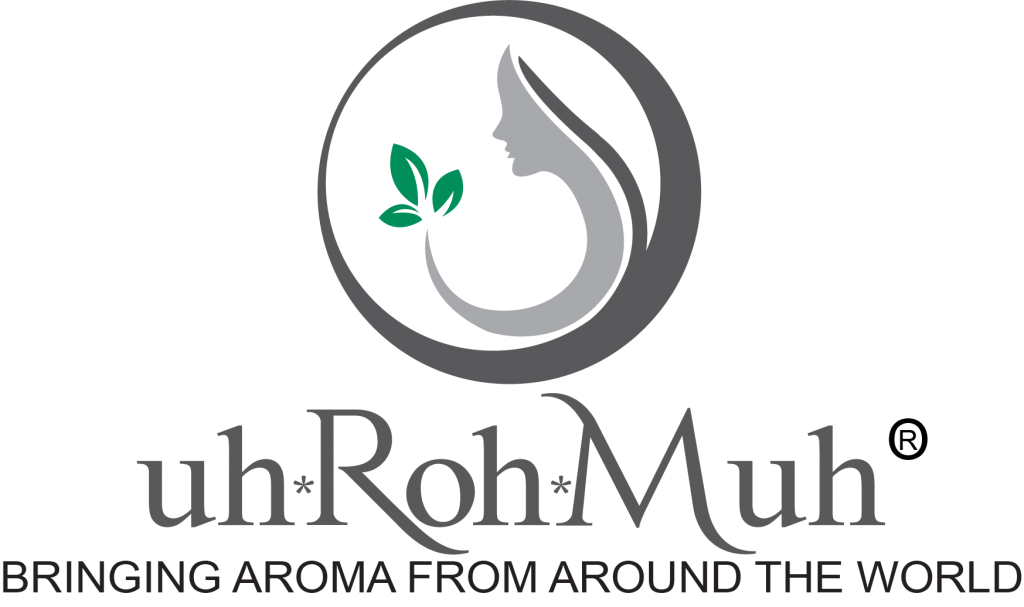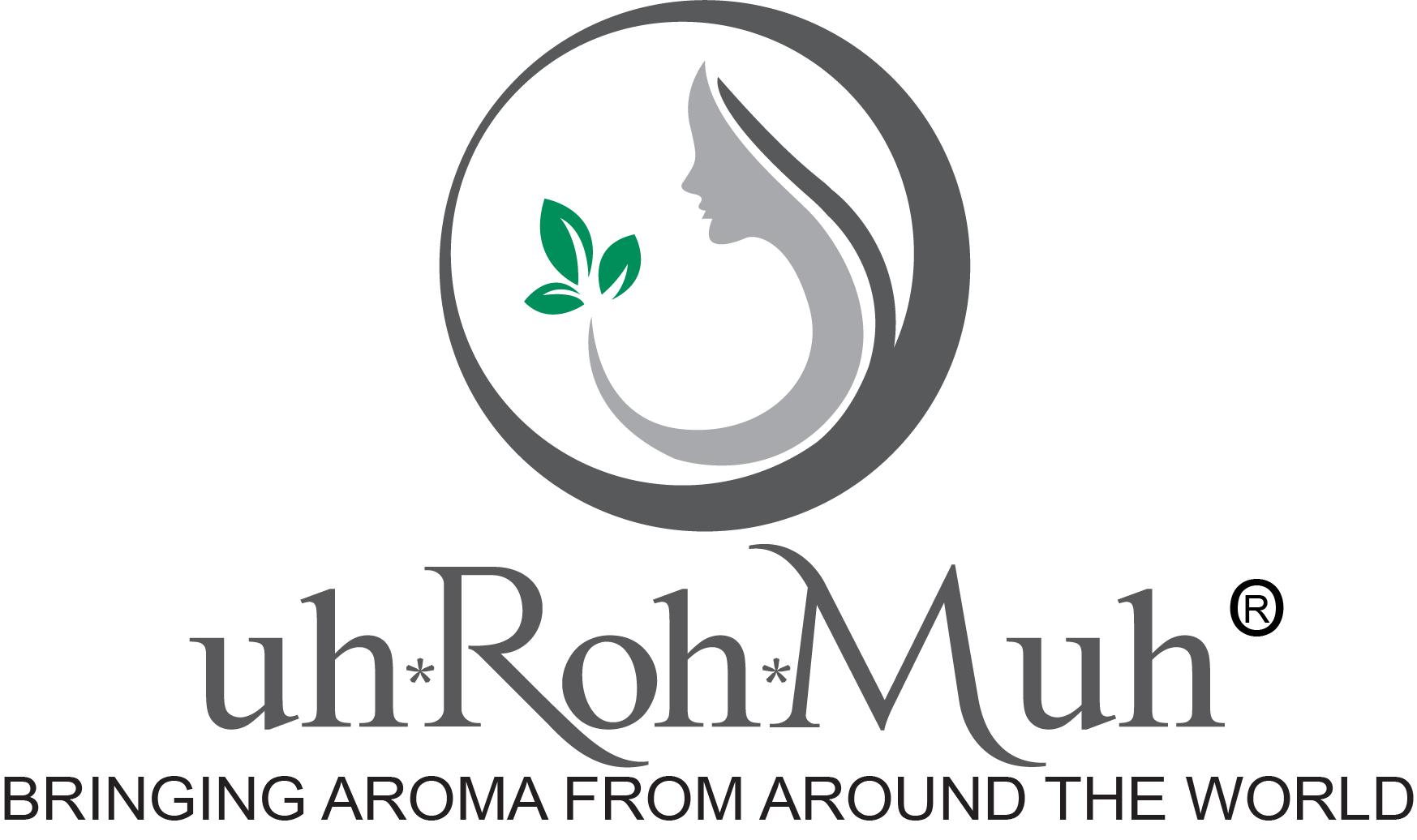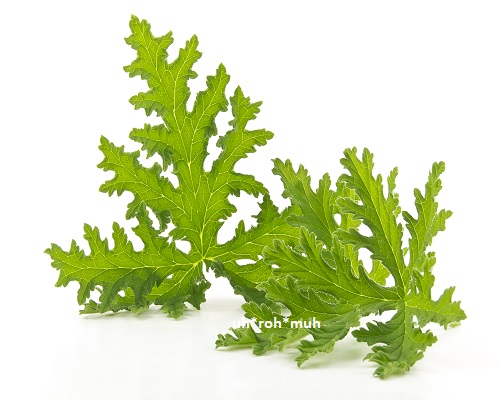Citronella Essential Oil
We all know citronella and the Citronella Essential Oil from its wide use as a non-toxic mosquito repellant, but it also has a wide range of applications from the treatment of rashes and inflammation, or in household products and much more. The most common species used for citronella essential oil is extracted from managrass, a hardy grass in the lemongrass family that is native to Africa and Asia. Its chemistry is made up of citronellol, citronellal, citronellic acid, geraniol, nerol, borneol, citral, camphene, limonene and dipentene; its powerful lemony, citrus aromas and slightly woody undertones are much softer than lemon, but instantly recognizable due to its wide availability and use in many commercially available products. The oil itself is a pale to dark yellow thin liquid with a medium top perfume note. The Indian variety is produced in smaller quantities than in other producing countries, which include Sri Lanka, Taiwan, Madagascar, Brazil, North and South Africa.
Citronella essential oil in history
Though its first use in aromatherapy seems to begin in the early 20th century, its use as an insect repellant has been well-documented in India, China, Africa and all over South Asia for thousands of years. In these sub-tropical, humid climates, mosquitos and other biting insects could cause dire illness and even death, spreading parasites like malaria and likely an early form of Lyme disease. Since there was no treatment for malaria until quinine was discovered in the 17th century, people in these regions depended on citronella to prevent the bites that spread the disease. It is still an essential product in third world countries, where the population does not have access to or cannot afford commercially marketed insect repellant products.
Today, it is a popular (you might even say ubiquitous) addition to candles, bug sprays, oils, soaps, and other products designed to keep biting pests at bay. With recent wide interest in natural remedies and solutions that do not include toxic chemicals, it is enjoying a resurgence of popularity, and can be found almost everywhere.
It has been in use as a culinary spice as well as for medicinal purposes for thousands of years in China, India, Nepal, and throughout the Asian world.
Citronella oil uses
Citronella’s most common use may be to keep the bugs at bay, but there are many ways to incorporate it into your everyday routine:
Culinary: used as a flavoring for beverages, baked products, ice cream, and candy.
Flea repellant for household pets: in addition to repelling mosquitos, citronella has been found effective in keeping fleas and ticks away from your pets.
Insect repellant: when diffused, burned, vaporized or in a spray, citronella has been found to have a comparable range of effectiveness as DEET for repelling mosquitoes.
Antifungal: studies have shown citronella to be effective in suppressing the growth of certain fungi, including penicillium, aspergillus and eurotium.
Anti-parasitic: effective in the treatment and eradication of tapeworm and many other digestive parasites.
Deodorant: helps to tame body odor.
Diaphoretic: stimulates perspiration, which helps to rid the body of toxins, excess water, and salt.
General tonic: helps to fortify the body by toning the digestive system, the CNS, and the brain, promoting an overall sense of health and wellbeing.
Anti-inflammatory/anti-itch: a small amount applied to insect bites or mild dermatitis will relieve irritation.
Astringent: treats overly oily skin, scalp and hair.
Anti-infection: can treat minor infections, due to its anti-fungal and antiseptic qualities.
Antiseptic: kills bacteria and fungi that can cause infection.
Deodorizing: cleanses, brightens, and freshens the air with a light, citrus scent.
Soap, household cleaners: because of its antiseptic properties, it is a common ingredient in antibacterial soaps and surface cleansers.
Colds and flu: helps to clear congestion and kill bacteria that contribute to colds and flu.
Headaches/body aches: when used in massage, can help to relieve headache and muscle pain.
Fatigue/depression: excellent mood elevator to treat mild depression and stress-related conditions.
Toenail fungus/athlete’s foot: applied to the toenails following exposure to public swimming pools, it can prevent the uptake and spread of infection.
Contraindications
Citronella essential oil is considered non-toxic and non-irritating, but caution should always be taken when applying directly to the skin. Heed all recommended dilution factors and avoid if sensitivity is noted. Not recommended for use by pregnant women or small children unless under the direct supervision of a qualified practitioner who is certified in aromatherapy.
Disclaimer
These statements have not been evaluated by the Food and Drug Administration. This product is not intended to diagnose, treat, cure or prevent any disease. If you are pregnant, nursing, taking medication, or have a medical condition, consult your physician before using this product.




You must be logged in to post a comment.